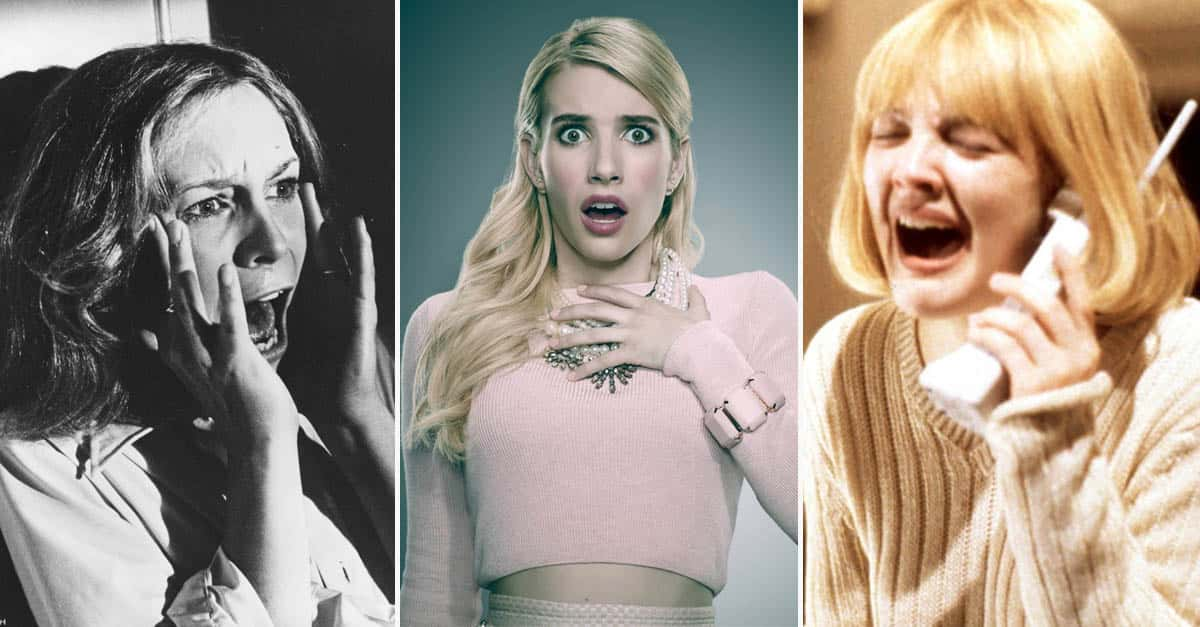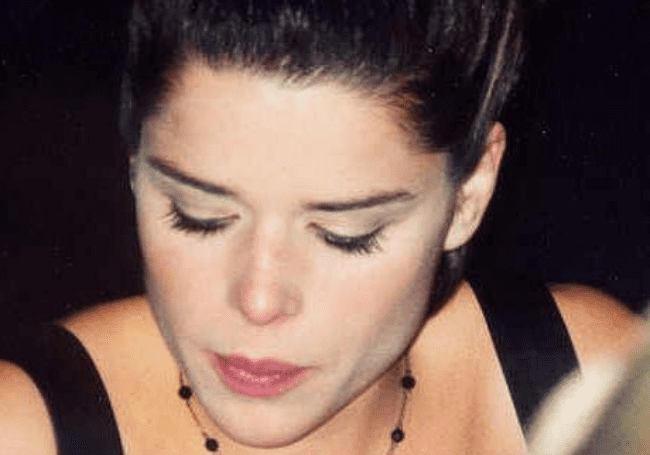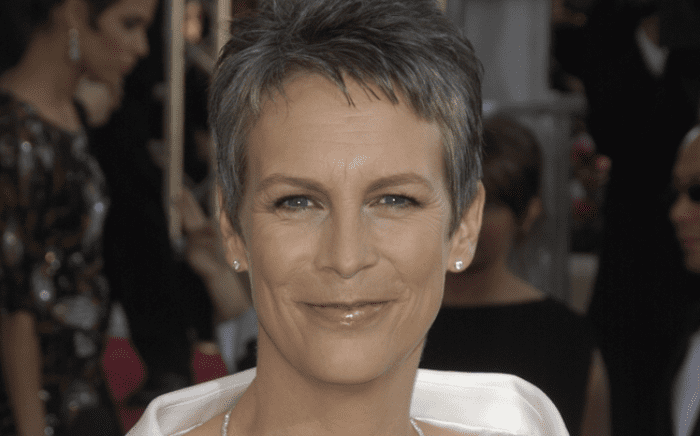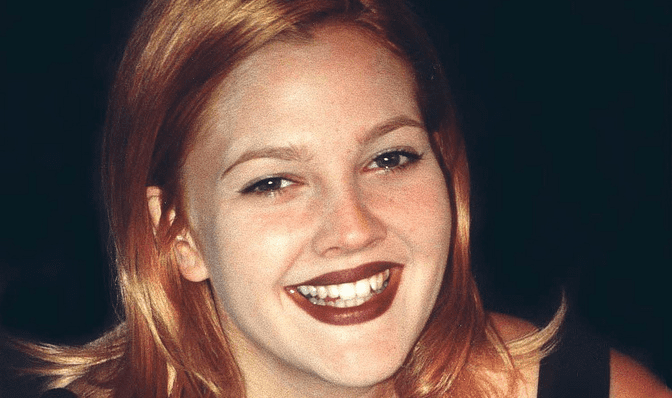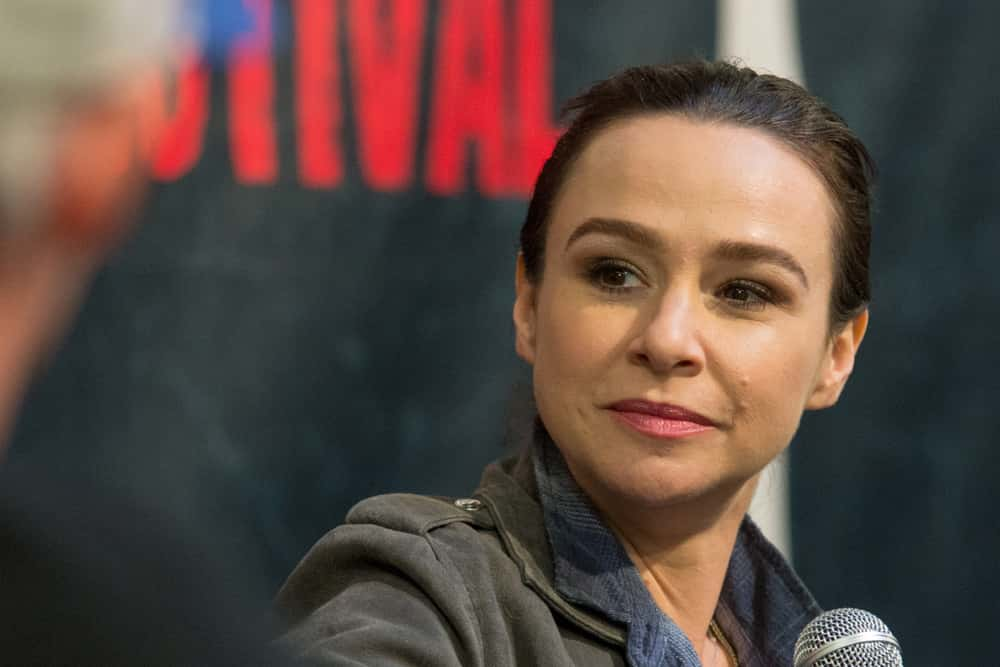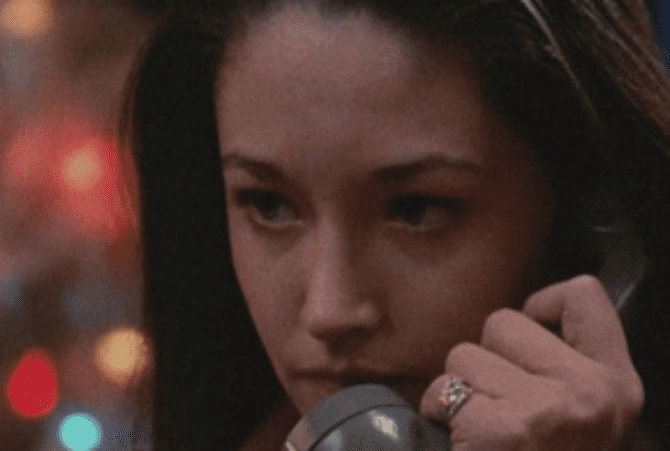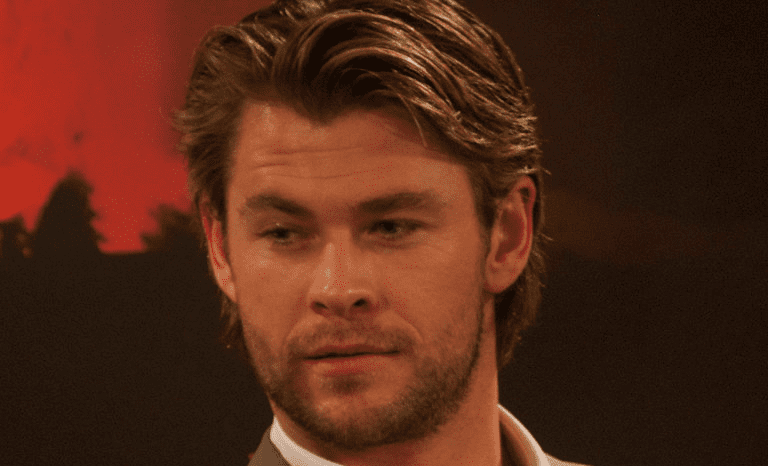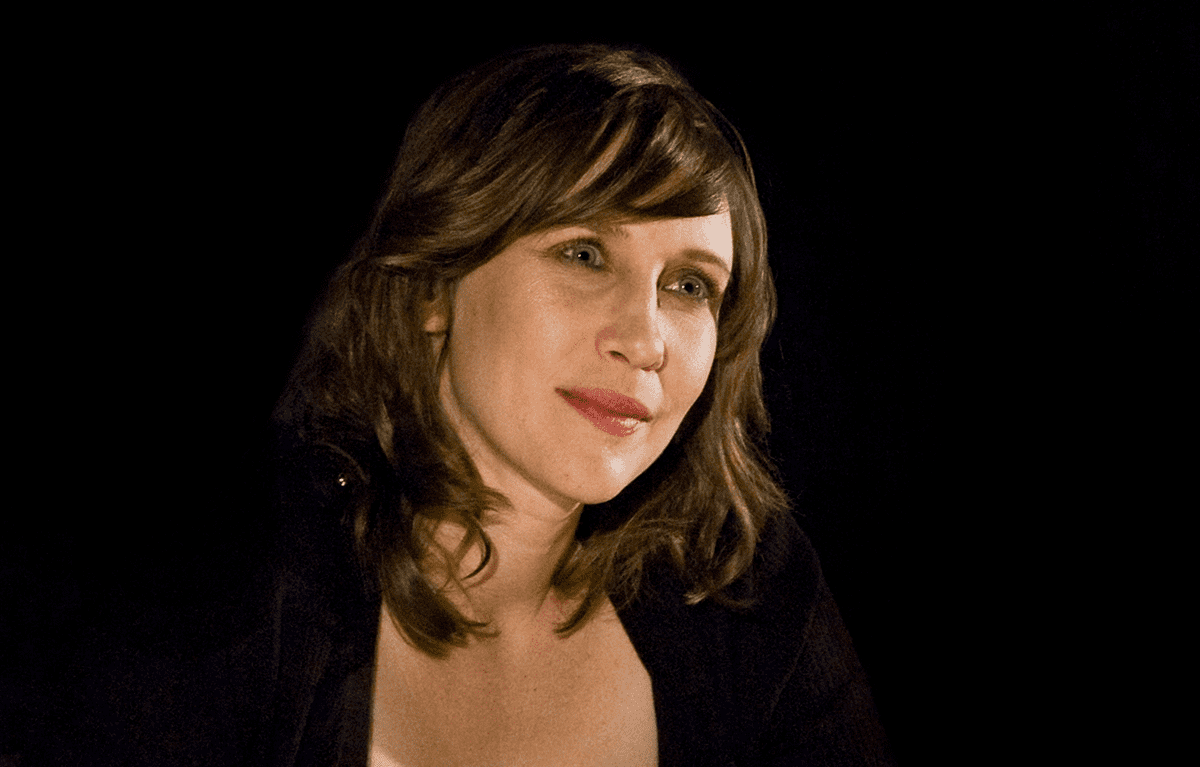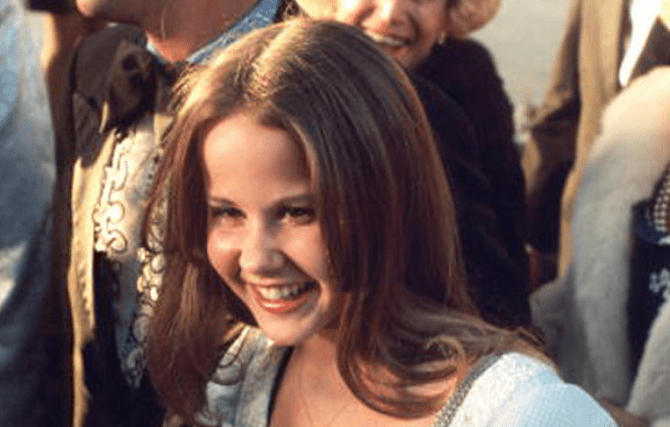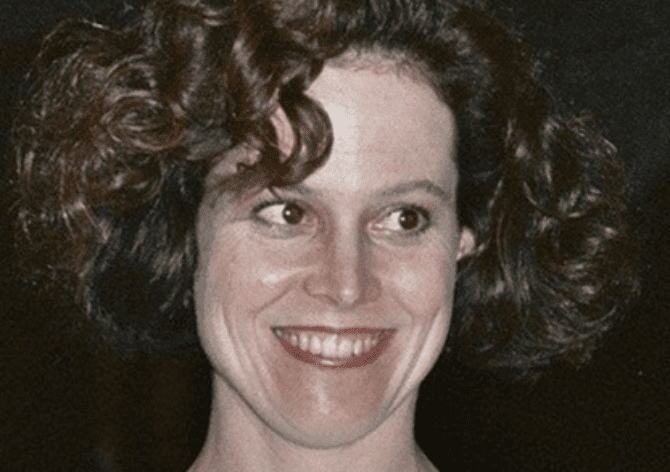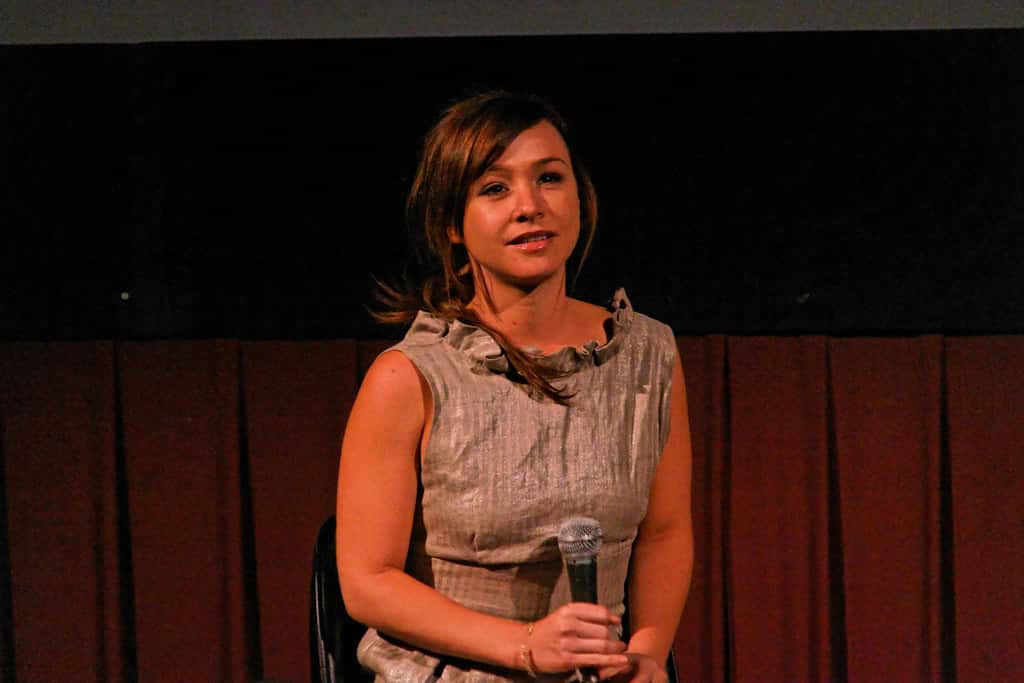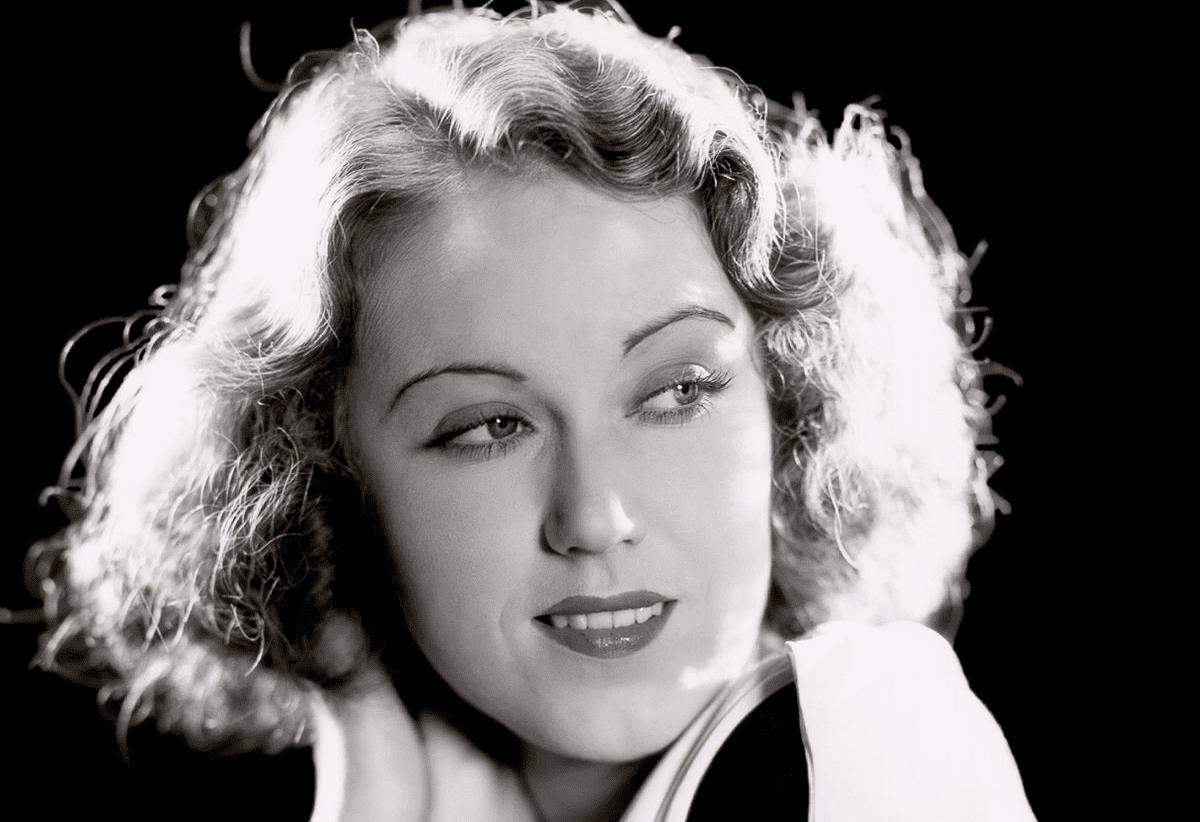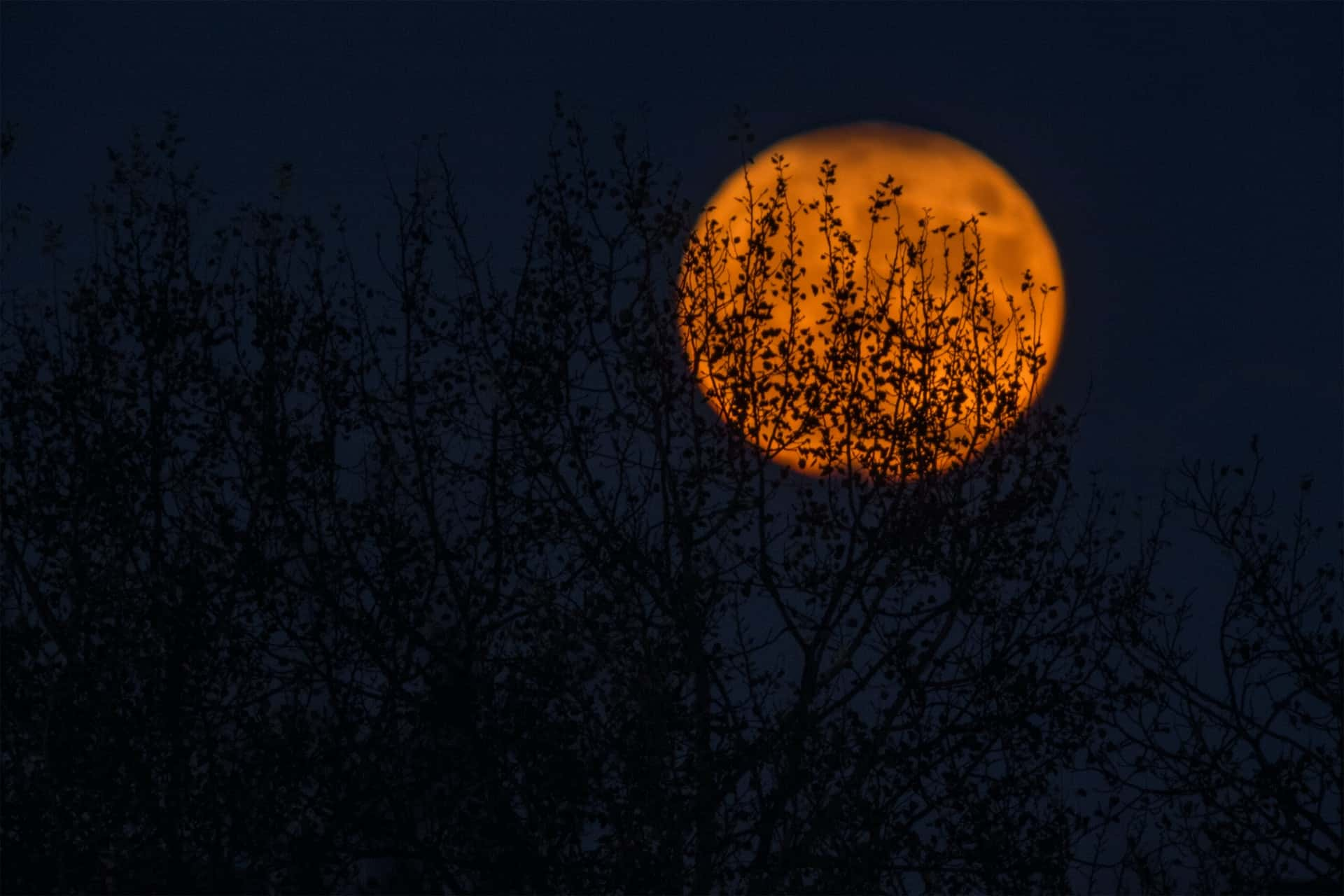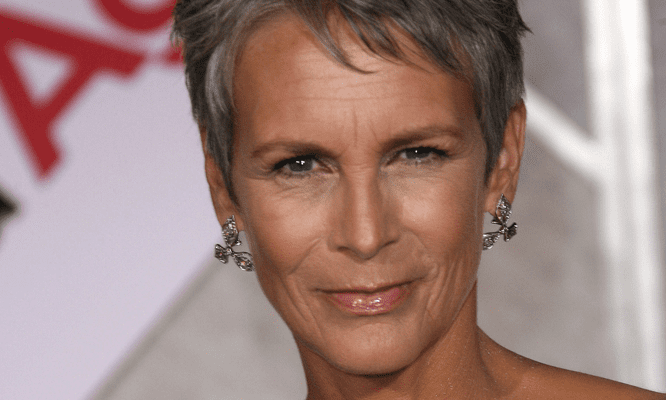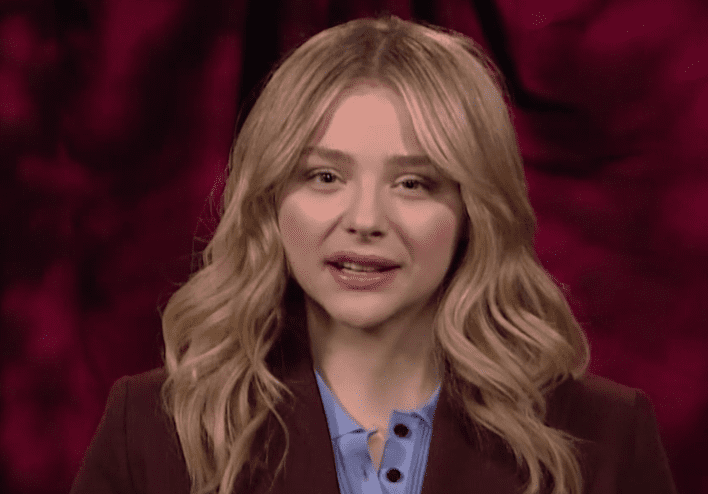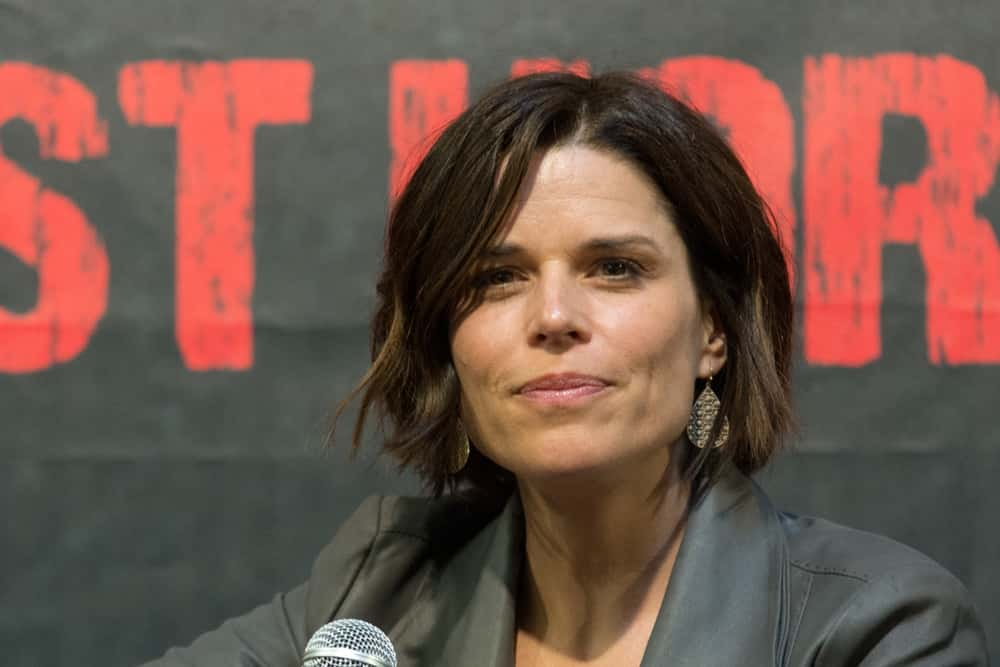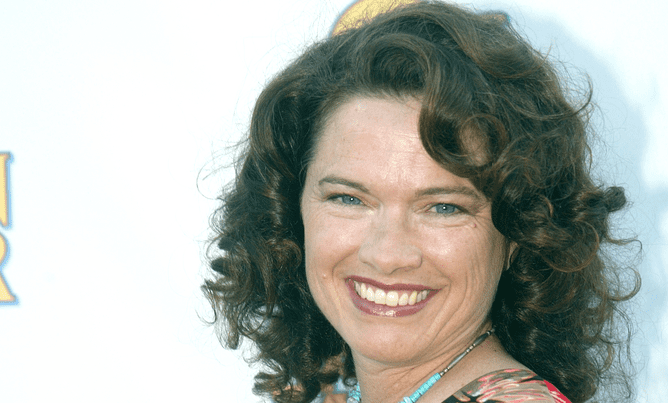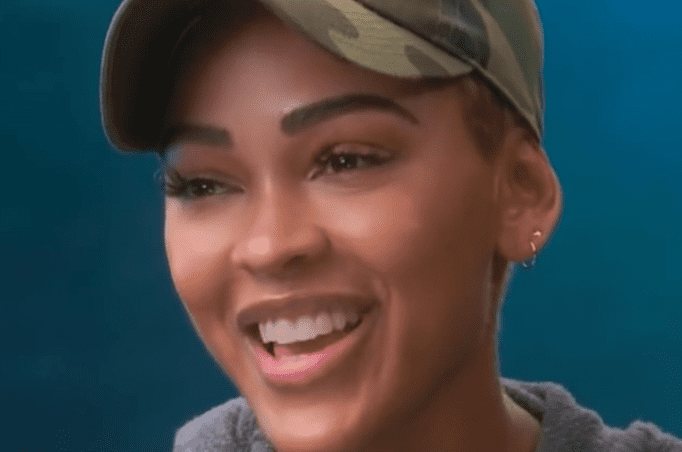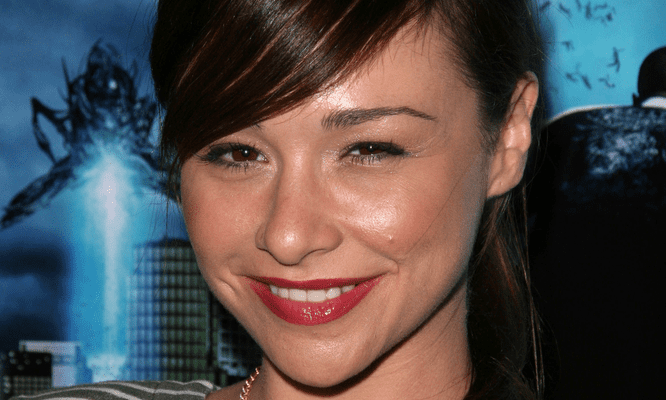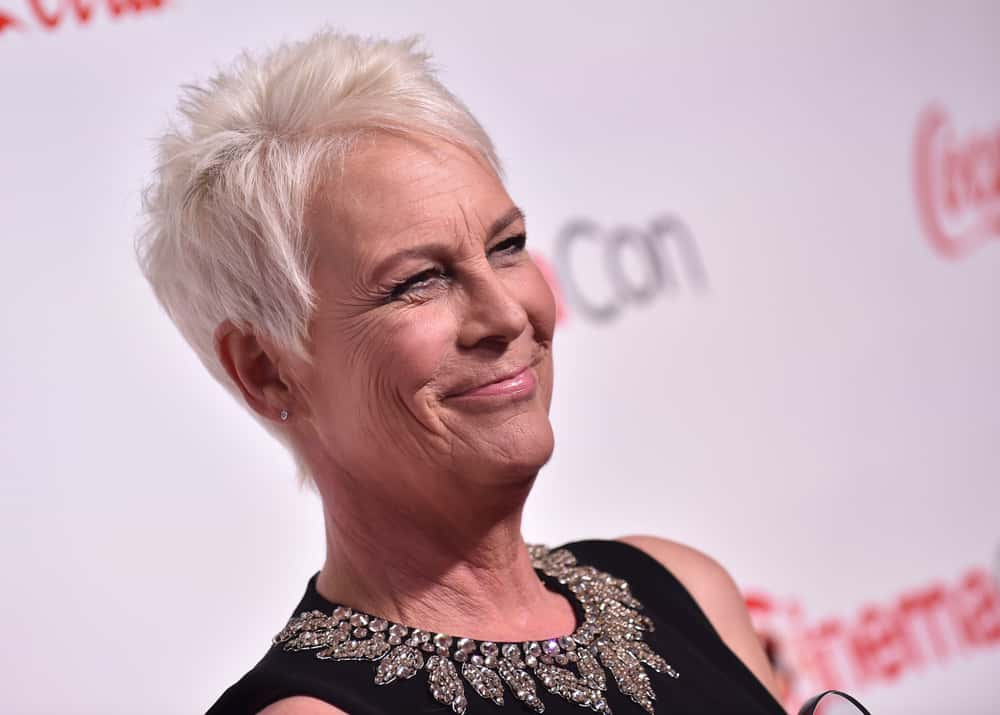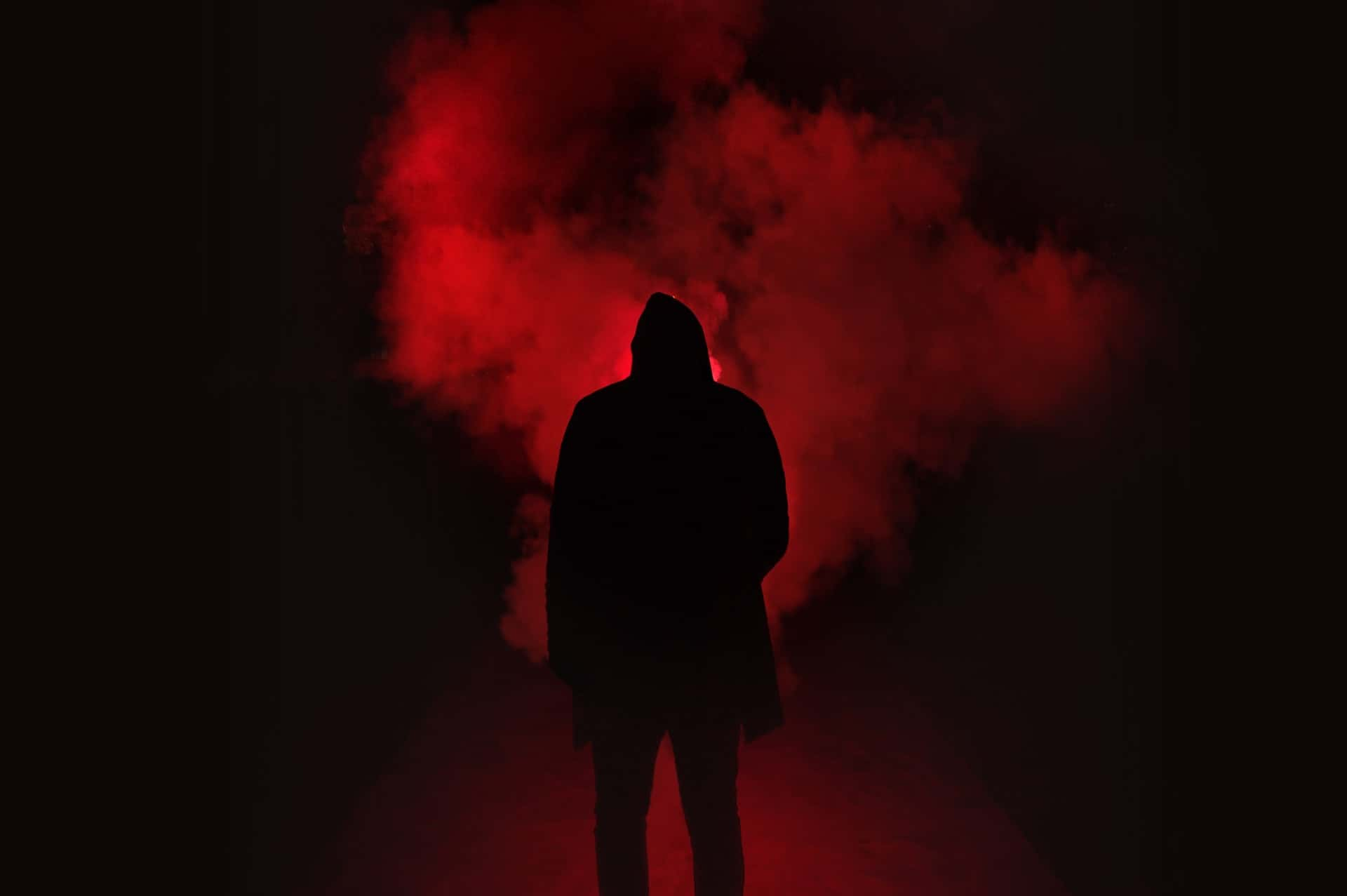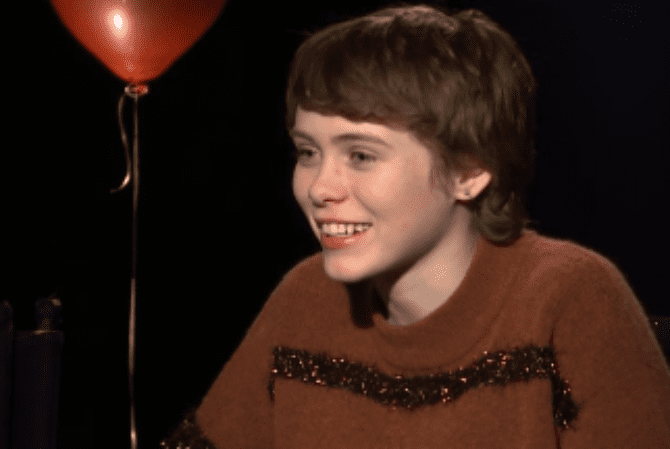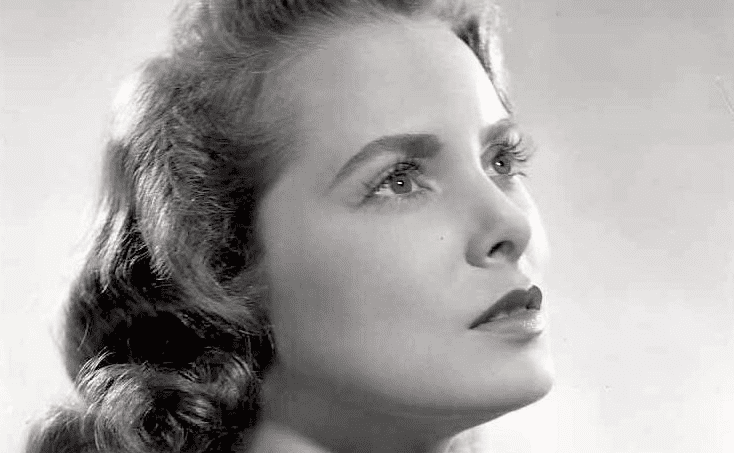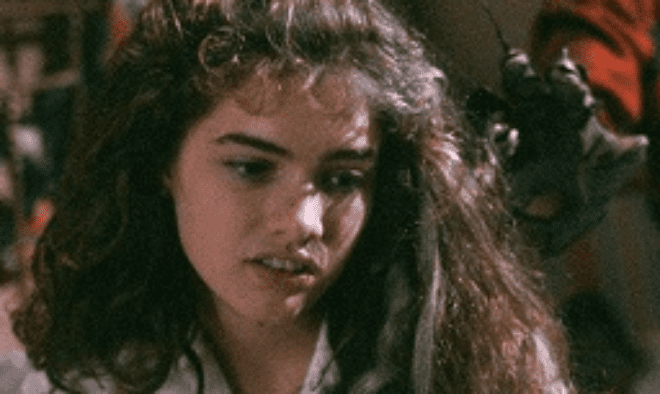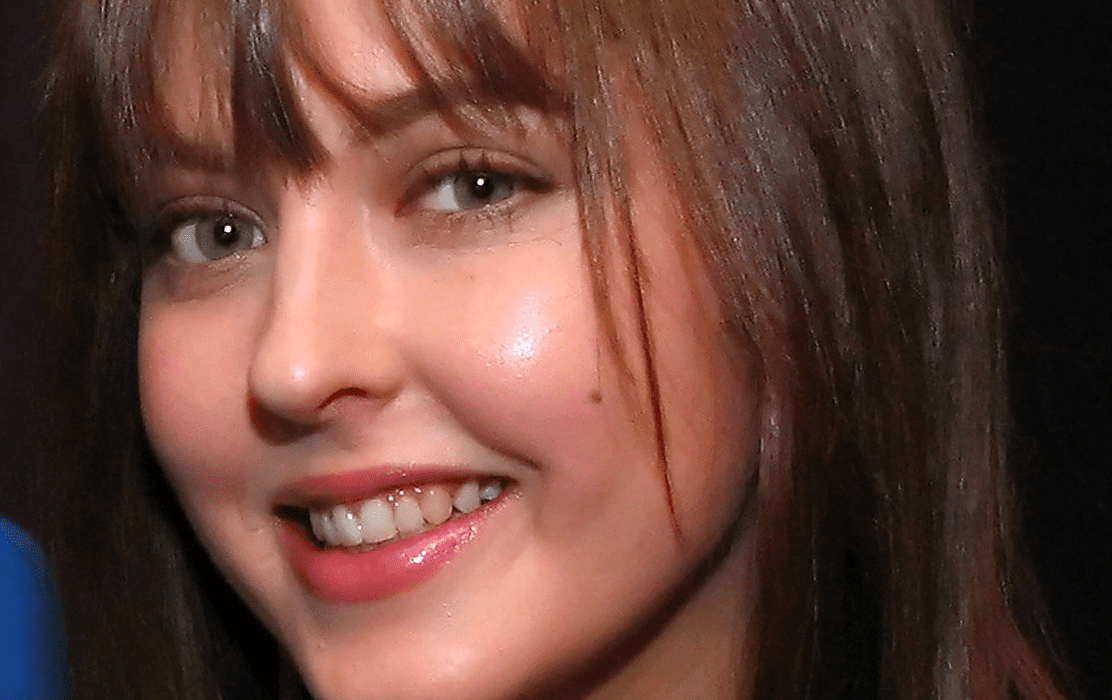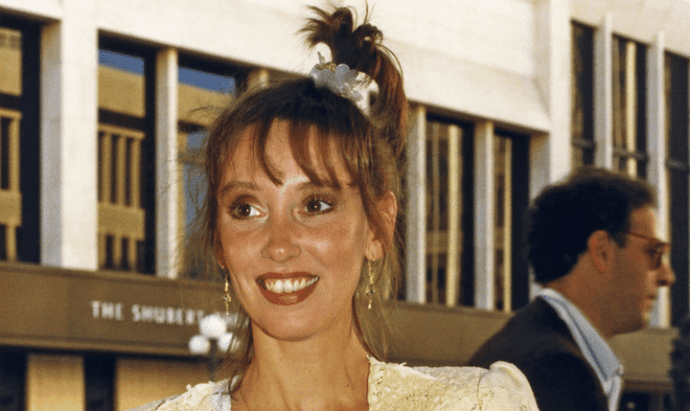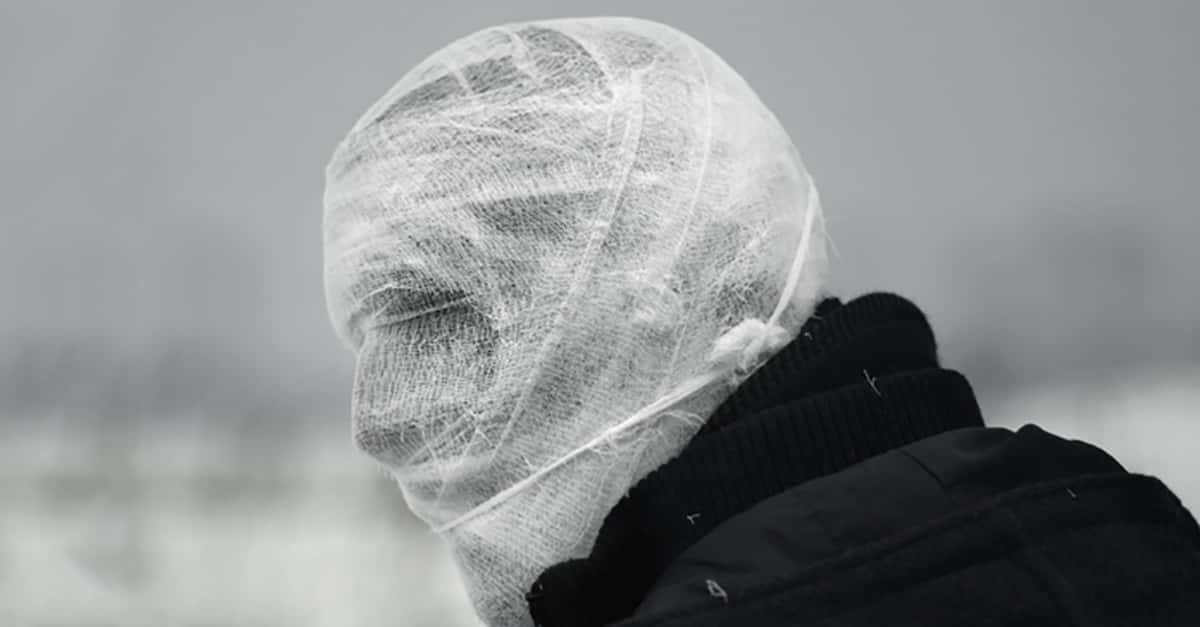Horror might be the only film genre where women, as a whole, have more screen time than men. Now, some of the screen time might be as the naughty coed who swiftly gets killed off, but some of that screen time belongs to the scream queens. A “scream queen” is the title given to an actress known for starring in horror films, giving audiences that perfect moment when she spots the killer, opens her mouth, and gives a scream that lands her immediate legend status.
After all, the emotion and drive and pull of the film doesn’t necessarily come from the creepy murderer so much as it does his fearful yet ready-to-fight prey. An alternate term for the scream queen that’s come into favor in the last few years (even spawning a namesake movie) is the “final girl”—as in, the last woman standing when the credits start to roll. Here are 42 ear-piercing facts about scream queens.
Cinema's Greatest Scream Queens Facts
42. Khaleesi
Jamie Lee Curtis is considered one of the definitive Hollywood scream queens, largely due to her debut role as Laurie Strode in the Halloween franchise. Curtis’s mother was also a scream queen, playing Marion Crane in 1960’s Psycho. Curtis actually owes her casting to her mother’s connection, since director John Carpenter thought of her casting as the ultimate tribute to Alfred Hitchcock. Carpenter also used the family connection to generate interest in the film, using a side-by-side shot of Curtis and her mother screaming in their respective roles—effectively creating the beloved scream queen trope.
41. Long Line
1974’s The Texas Chainsaw Massacre is considered one of the first slasher films, and its protagonist is also considered the first “final girl.” Sally Hardesty, played by Marilyn Burns, survives Leatherface and his cannibalistic family, riding off into the sunset in the back of a pickup to escape death.
 Wikipedia
Wikipedia
40. Chaste
Early films like the original Halloween (1978) and The Texas Chainsaw Massacre are credited with crafting the stereotypical rule of horror: Have sex and you die. While the female being the last survivor can come across as empowering or feminist, that message can be canceled out by the fact that chastity is necessary to live.
Halloween writer Debra Hill said this was unintended, arguing the sexually active characters didn’t die because of their sexuality, necessarily. There are even theories that Laurie Strode’s penetration of Michael Myers with objects like knitting needles is a metaphorical purging of sexual frustration.
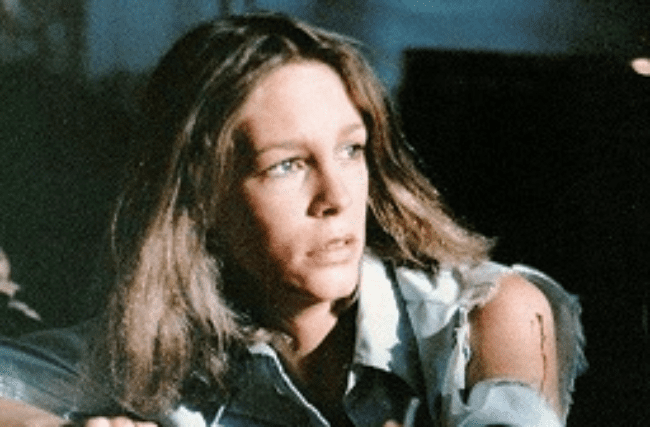 Wikipedia
Wikipedia
39. Flip the Script
Scream offered one of the most blatant rejections of the “have sex, you die” rule when its protagonist loses her virginity to her boyfriend. Sidney Prescott, played by Neve Campbell, later finds out her boyfriend is one of the killers and he lets her know she has to die since she’s now had sex. Prescott ultimately kills her bad boyfriend and survives.
38. Deja Vu
Sissy Spacek is best known for her role in Carrie, the first adaptation of any Stephen King story. Spacek played the titular character and also has a role in Castle Rock, a show that is not a direct adaptation of King’s work but uses the “mythological scale” of his works to create something new and familiar. One of the episodes shows Spacek’s character covered in blood, a tribute to the famous scene in Carrie.
37. Sexually Transmitted Demon
Contemporary horror film It Follows is sometimes viewed as an antidote to the virginal “final girl” or scream queen stereotype since the protagonist has to have sex to stay safe from the entity that is chasing her. With each sexual act, the new partner becomes the entity’s target, creating a chain of sexual activity.
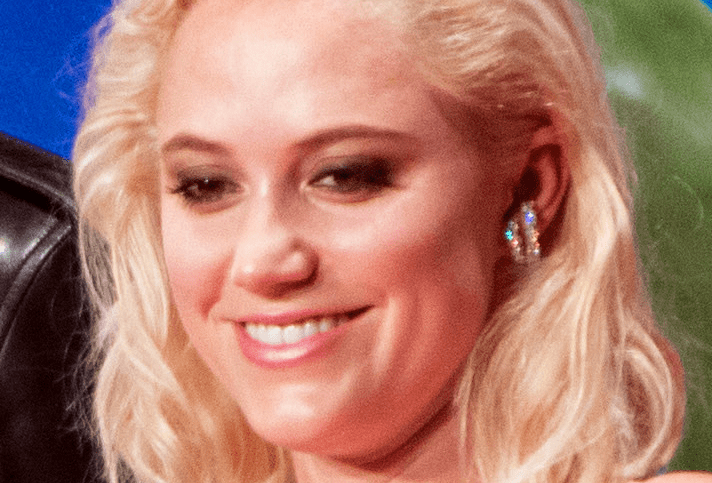
36. Fun for the Whole Family
Jamie Lee Curtis has delved deep into her character’s mind for the upcoming Halloween sequel, viewing the film as a story of how trauma is an “intergenerational disease.” Laurie Strode now has a daughter and granddaughter, and the film will explore how Laurie’s experience with Michael affects the rest of her family.
35. Rejection
Like being Harry Potter or Superman, being viewed as a “scream queen” can lead to typecasting that makes it hard to get new roles. Anya Taylor-Joy has developed a scream queen rep for her roles in The Witch and Split but she has actively rejected the label, arguing that “Hollywood people always want you to have a thing…I followed the roles that I love and the story that I love.”
34. What’s Your Favorite Scary Movie?
Drew Barrymore is best known for rom-coms today, but her breakout role was in E.T as a child star, which led into work in thrillers like Firestarter and Doppelganger. Barrymore’s greatest “scream queen” role is her cameo in Scream, where she is actually the first victim. Barrymore actually had the lead role but loved the opening so much that she requested to play Casey Becker instead.

History's most fascinating stories and darkest secrets, delivered to your inbox daily.
33. We Meet Again
Halloween’s Danielle Harris is the only horror actress to star in an original horror series and its remake, with her roles in Halloween 4, Halloween 5, and the 2007 Halloween remake.
32. Real Horror Story
Tippi Hedren is best known for her role in Alfred Hitchcock’s The Birds, but she is also known for publicly accusing him of sexual harassment. Hitchcock became possessive of Hedren when they worked together on The Birds and Marnie, becoming jealous when she talked to male co-stars. Hitchcock also attempted to kiss her and threatened to ruin her career when she didn’t reciprocate his desires. Hitchcock then kept her under contract with him, while also refusing to give her roles. Hedren had a supporting role a Charlie Chaplin film a few years later but The Birds proved to be a high point in her career. Hedren never filed charges against Hitchcock, but her story remained well known in Hollywood.
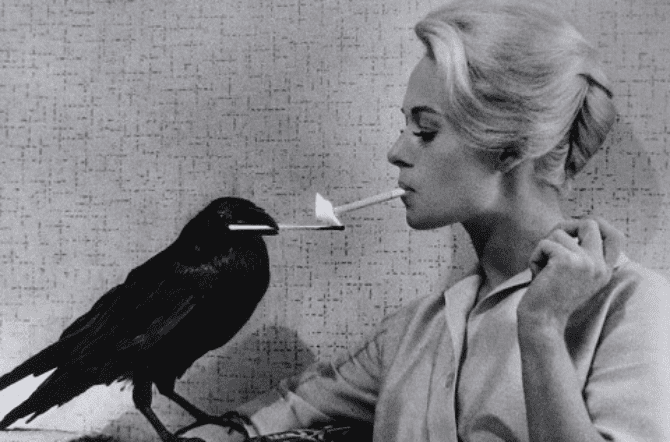 Flickr
Flickr
31. Roe v Wade
Jess Bradford, played by Olivia Hussey in 1974’s Black Christmas, was a pretty progressive trendsetter. Aside from being a final girl, Bradford also wished to get an abortion in the film. Abortion still remains a hot-button topic today, so we have to give respect to a 1974 film for showing a sympathetic character trying to tackle the decision.
30. Make it Work
The Cabin in the Woods gained praise for its handling of horror tropes, creating a story where the “ancient ones” required that five stereotypical teens die: The whore, the athlete, the fool, the scholar, and the virgin.
The “ancient ones” are often interpreted as the horror movie audience, and it turns out that the film’s “virgin” isn’t actually a virgin. Hence, sexual chastity isn’t the key to survival.
29. New Blood
Vera Farmiga is considered one of the modern queens of horror, due to her roles in horror fare like the TV series Bates Motel, the film Orphan, and The Conjuring series. Farmiga is generally attracted more to independent cinema due to the abundance of strong female roles. While The Conjuring might not come across as independent, it is a lower-budget series that is anchored on a strong female character.
28. Head Spin
Linda Blair earned an Oscar nomination for her role in The Exorcist. The Exorcist was a tough act to follow and Blair has since made a bigger impact as an animal rights activist. Among her initiatives for animals is the founding of the Linda Blair Worldheart Foundation, which is devoted to rescuing and rehabilitating abused animals.
27. Tough Crowd
Katharine Isabelle, who played Ginger Fitzgerald in Ginger Snaps, has said that the term “scream queen” is a testament to the enthusiasm of horror fans, citing that horror fans are “more enthusiastic than any other fans, except maybe comic movie fans.”
Isabelle points to her career, which only includes “three or four” horror films, and yet is still sometimes defined by the “scream queen” title.
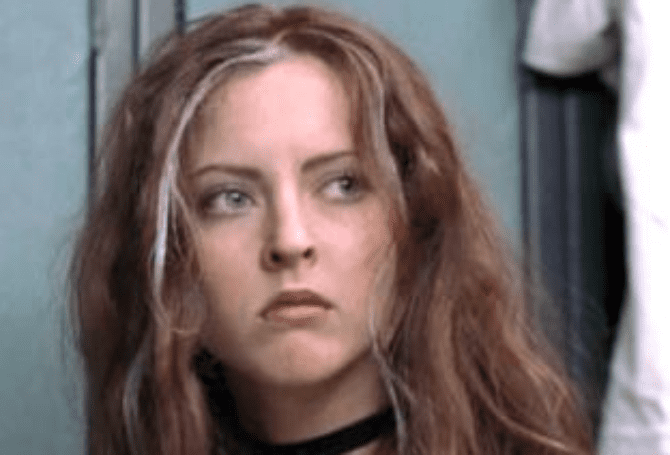 Wikipedia
Wikipedia
26. Bursting With Pride
When we think of horror we might think of knife-wielding psychos or ghosts, but aliens deserve some recognition too. Sigourney Weaver’s role in the Alien franchise is still her most popular, making her a distinguished member of the scream queen ranks. Weaver received an Oscar nomination for the first installment in the Alien franchise and has since had horror roles such as The Village and The Cabin in the Woods.
25. Hidden Past
The term “scream queen” doesn’t have to denote an actress whose resume features mostly horror films. Some scream queens are able to transition away from horror, if they choose, and reach a point where people may not even know they had roles in horror films. Michelle Williams started with Dawson’s Creek (terrifying acting) but then moved on to roles in scary movies like 1998’s Halloween H20 and 2010’s Shutter Island. Now, she is likely best known for her roles in Oscar fare like Brokeback Mountain and Blue Valentine.
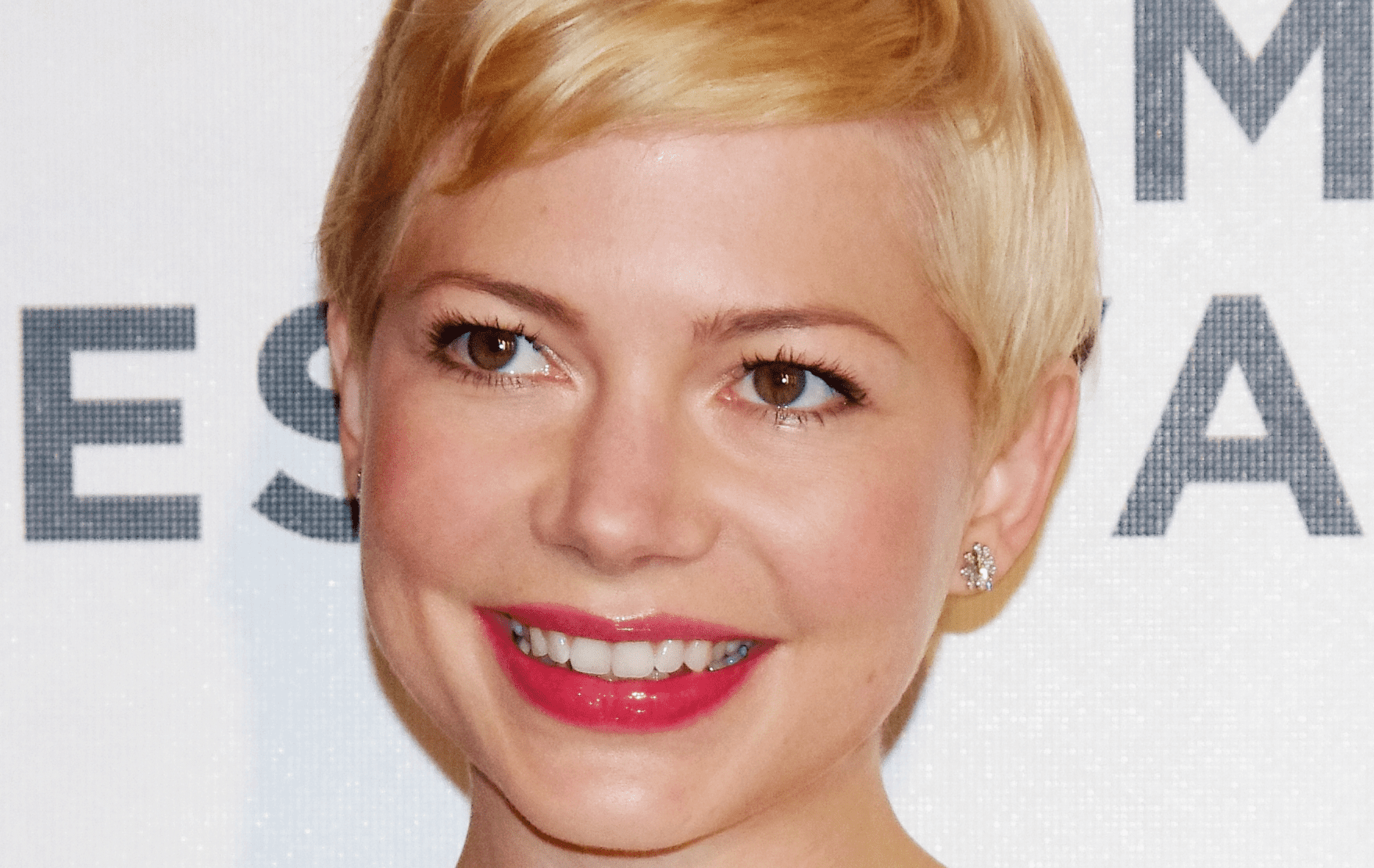 Wikimedia.Commons
Wikimedia.Commons
24. Step Aside Boys
Halloween star Danielle Harris views the scream queen roles as the most exhausting since it requires the actress to carry the film “physically as well as emotionally.”
23. In Retrospect
Janet Leigh’s shower scene in 1960’s Psycho is arguably one of the most well-known scenes in horror. Although the scene was regarded as so visceral at the time, the scene doesn’t show much violence by today’s standards. Leigh mainly had to scream and slump in the shower with chocolate sauce running down her body—okay, maybe that’s simplifying what went into her performance.
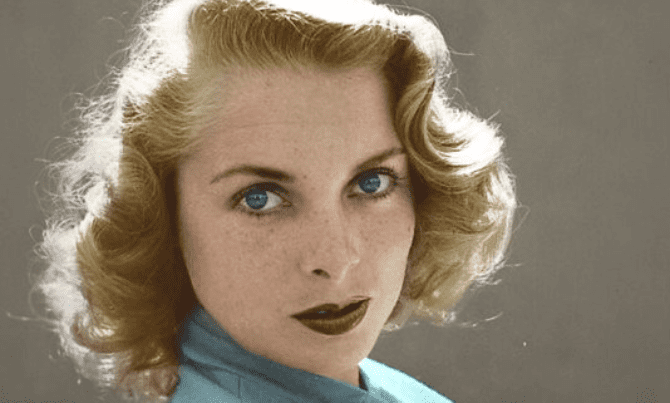 Flickr
Flickr
22. Poor Canuck
Canadian Fay Wray is arguably Hollywood’s first scream queen, starring in 1933’s King Kong as Ann Darrow. Wray already had a reputation as someone who could deliver the goods if directors wanted a screamer. Her performance as Darrow led the media to dub her a “scream queen.” Wray couldn’t avoid being typecast and grew to resent the term.
21. Scrappy
The “final girl” trope is something of an evolution from the scream queen. Prior to films such as Halloween, where the female lead physically fights back against her killer, the scream queens were usually just damsels in distress. The term, “final girl” was coined in Carol Clover’s 1992 book, Men, Women, and Chain Saws: Gender in the Modern Horror Film.
20. Namesake
The now-canceled show Scream Queens is a horror-comedy TV show about a serial killer working his way through a sorority. The show serves as a Scream-esque parody of horror tropes and scream queens as a whole. One of the greatest scream queens, Jamie Lee Curtis, leaves behind her Halloween role as the chaste Laurie Strode and in Scream Queens appears as a pot-smoking dean who sleeps with her students.
19. The Dramatic Years
Chloe Grace Moretz may be best known as Hit Girl from Kick-Ass, but she probably deserves the “teen scream queen” title for appearing in three horror films before she hit 20.
Her earliest horror role was in the remake of Amityville Horror, playing daughter Chelsea Lutz. She then had a role as a vampire in Let Me In and starred as the titular character in a remake of Carrie.
18. Thanks, But No Thanks
Scream’s Neve Campbell is another scream queen who became a victim of typecasting, resulting in her choice to leave Hollywood for a few years. Campbell was still in her 20s when horror films like The Craft and Scream were released and she was dismayed to see that all the roles she was offered at the time were horror films, with some “bad romantic comedies” thrown in. Campbell has since bounced back with roles in House of Cards and alongside Dwayne “The Rock” Johnson in Skyscraper.
17. Holding On
Heather Langenkamp portrayed Nancy Thompson in the Nightmare on Elm Street series before finally biting the dust in the third film. Langenkamp now co-owns AFX Studio, an L.A.-based special effects company, and was inspired to produce a documentary on Thompson due to one of her employees. Her employee asked if she’d be attending a screening of the original Nightmare, where director Wes Craven would be present. Langenkamp wasn’t invited and was more dismayed to find out that Craven’s office staff didn’t know who she was when she called.
Langenkamp then produced I Am Nancy, a documentary where she attends horror conventions to explore her fan base: “The film has a lot to do with me being at conventions and asking the question ‘Why is no one standing in line for Nancy’s autograph?’
16. Badge of Honour
Linnea Quigley is a scream queen who is best known for horror roles spanning from the 1970s to the 1990s. Quigley’s films also include gems like Robot Ninja and Chainsaw Hookers. As Quigley said, “It’s really boring to play the good, nice girl.”
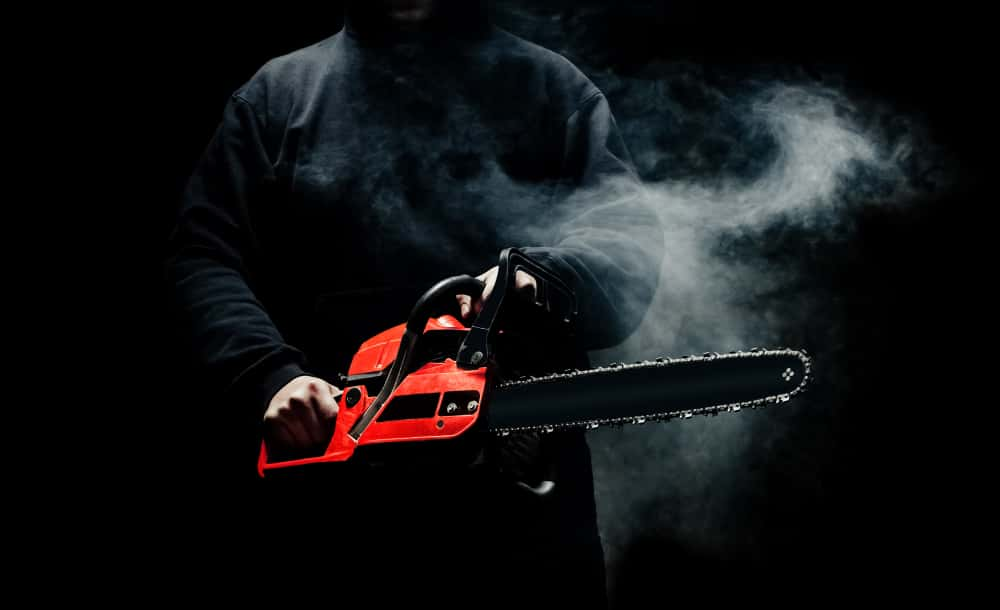 Shutterstock
Shutterstock
15. Moving On Up
Black actresses aren’t well represented among scream queen ranks but Vonetta McGee is one of the earliest prominent examples. She starred in the blaxploitation parody, Blacula, but her role is credited with influencing later actresses who have stepped into horror. Meaghan Good, of Saw V, One Missed Call and The Unborn, is one of the few black scream queens.
14. Successor
Danielle Harris might not be as famous as Jamie Lee Curtis, but many fans would argue she carried the torch well with her role as Jamie Lloyd in Halloween 4: The Return of Michael Myers and Halloween 5: The Revenge of Michael Myers. Harris played Curtis’s character’s niece, Jamie Lloyd, and still views it as her favorite role. Harris loves the horror genre but prefers the ‘90s style of horror, where “less is more.” She views the ultraviolent phase of horror, including films like Saw and Hostel, as the demise of the genre.
13. Origin Story
A small, but overlooked, part of the “final girl” trope is that early ones often had boyish or unisex names. The “final girl” motif came out strong in the 1970s, with females taking action that was normally reserved for men. These females were usually somewhat boyish looking and had names like Will, Stevie, or Stretch. The boyish look may have been an unconscious way to signal “male competence” while also allowing the character to engage in actions that are not traditionally approved of in men.
12.Fake News
Carol Clover, who coined the term “final girl,” notes that many of the early final girls conquer their attacker through chance more than anything else. Clover argues that female characters in revenge films, such as I Spit on Your Grave, are closer to being “heroes” since their victory requires planning and meditation to conquer their enemies.
11. Next Generation
Sophia Lillis, best known as Beverly Marsh in IT, could already be on track to become the next big scream queen. She’ll reprise her role in the sequel and is already cornering the market on kids with rough childhoods since she also plays a young Camille Preaker in Sharp Objects.
10. Fancy Meeting You Here
Mother and daughter scream queens Janet Leigh and Jamie Lee Curtis actually appeared together in both The Fog (1980) and Halloween H20: 20 Years Later (1998).
9. Wordplay
Fay Wray got a good pitch for her role in King Kong. Director Merian C. Cooper told Wray she’d have the tallest and darkest leading man in Hollywood. She thought Cooper was talking about Cary Grant.
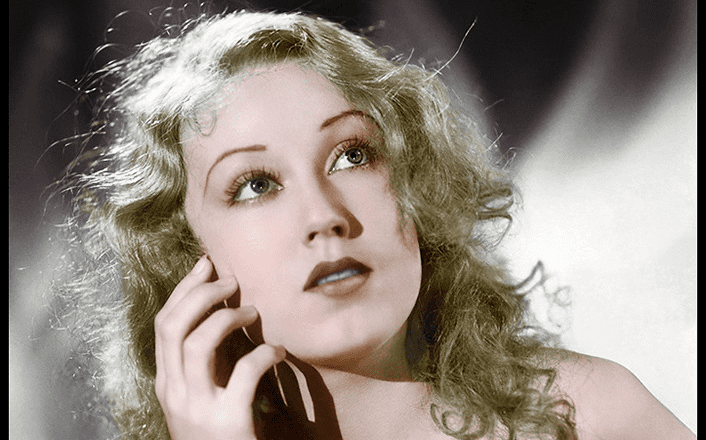 Flickr
Flickr
8. Replacements
Slasher films, such as the Friday the 13th series, spawned numerous sequels. This led to the “final girl” from one film becoming a victim in a subsequent one. Examples include Jamie Lloyd in the Halloween series, Nancy Thompson of A Nightmare on Elm Street and Alice Hardy in Friday the 13th. Friday the 13th, in particular, was known for this trend, since its final girl often died the very next film.
7. Less Scandalous
1980s scream queens were known for being sex symbols, such as Barbara Crampton in Re-Animator. A Nightmare on Elm Street’s Nancy Thompson broke the mold with her “girl next door” look. The film still followed some clichés, with Thompson also being a virgin. Thompson’s character relied on her likeability and intelligence, existing as the “heart and soul” of the film, according to director Wes Craven.
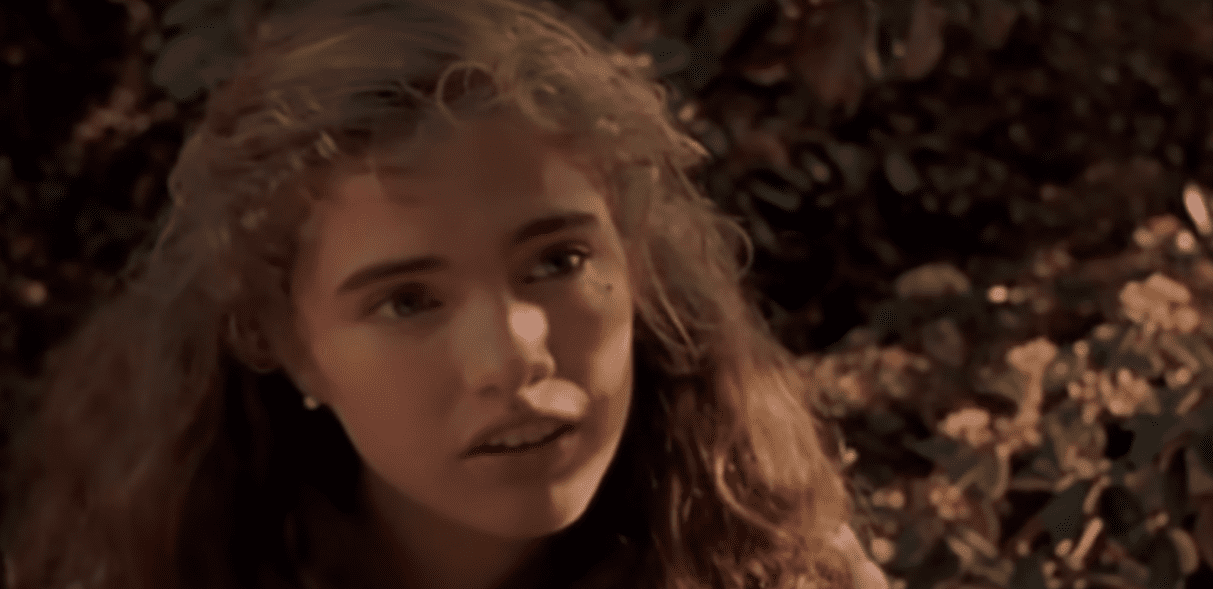 A Nightmare on Elm Street , 1984, New Line Cinema
A Nightmare on Elm Street , 1984, New Line Cinema
6. That’s One Way to Look at It
Scream queens are often starring in a film directed by men with a male killer chasing them. Additionally, the male killer often carries a weapon that can be viewed as phallic e.g. knife or chainsaw. All this to say that Carol Clover views female-led horror films as a venue for men to step into a woman’s shoes and get a dose of “feminine masochism.”
 Shutterstock
Shutterstock
5. Breakaway
Worries about being typecast nearly led Jamie Lee Curtis to reject the role of Laurie Strode in Halloween. Curtis ended up taking the part and making a name for herself with other horror films, such as The Fog. Later in her career, she deliberately took films outside of the genre, such as True Lies.
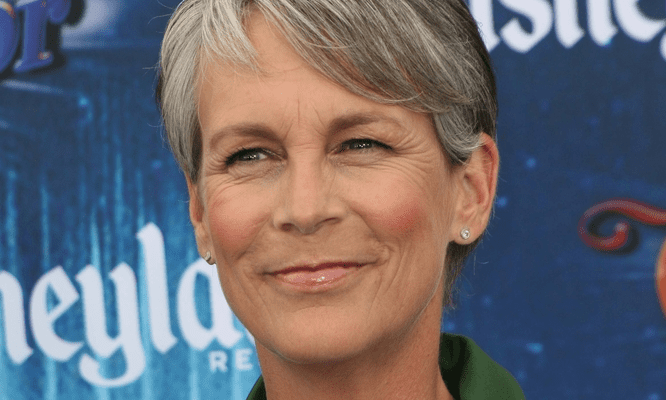 Shutterstock
Shutterstock
4. Bon Appetit
Ever wondered what horror movie blood tastes like? Katharine Isabelle can fill you in. According to her, there are numerous flavors but the standards are mint, cherry and “regular” (who decided what regular would taste like?). Isabelle would normally get to choose what type she had to ingest if a scene called for it, and mint was her go-to. However, she no longer likes tomatoes, since the blood mix sometimes has tomatoes or raw egg whites thrown in.
3. Hypocrite
Katharine Isabelle became a cult horror icon for her role as Ginger Fitzgerald in Ginger Snaps. She returned to horror with her 2012 role in American Mary, which follows Mary Mason’s journey into the world of “underground surgeries” and illegal body modification.
Isabelle actually admits she tends to avoid horror films since they give her anxiety for “two hours after.” It is easy to watch ones she’s involved in personally since her mind wanders to the work behind the scenes. However, other horror films, such as the Nightmare on Elm Street, are the ones she tends to avoid.
However, she does have some love for Alien and The Exorcist and says The Shining is her favorite scary movie.
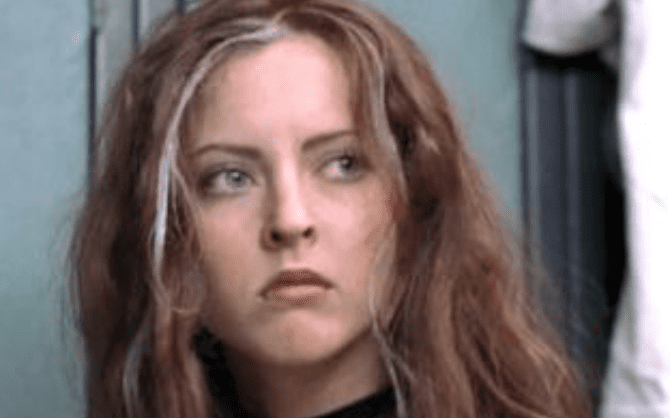 Wikipedia
Wikipedia
2. Good Old Days
P.J. Soles played one of the sexually active coeds that Michael kills in Halloween, but she also had other roles in films like Carrie. Soles’ nude scene in Halloween got a positive reception from a male audience member, who didn’t know that Soles was sitting in the same theater. When her character asked, “See anything you like,” the over-eager male responded, “Hell yes I do!” Soles’ boyfriend at the time, Dennis Quaid, asked her if she should confront the viewer and Soles declined.
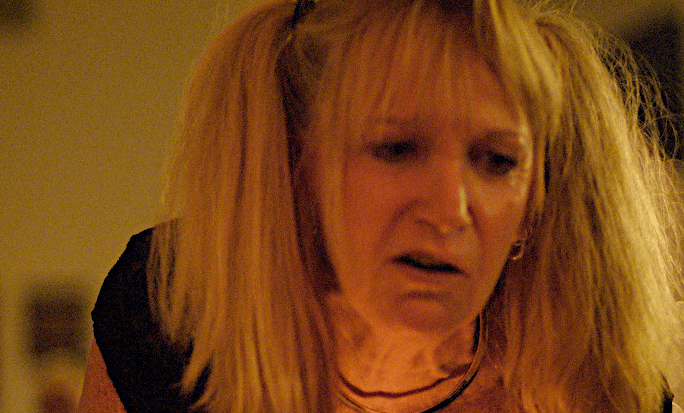 Flickr
Flickr
1. Here’s Johnny!
Shelley Duvall had roles in horror fare such as The 4th Floor, a 1999 horror-mystery. However, her most iconic horror role was as Wendy Torrance in The Shining. Duvall suffered from nervous exhaustion throughout the film, leading to hair loss and illness. Kubrick frequently criticized Duvall, and Kubrick’s daughter says this was deliberately done to help Duvall portray an insecure wife. Kubrick’s perfectionism and criticism led to the infamous door scene being filmed 127 times. Duvall shed real tears for the final shot. Duvall retired from acting in 2002 and later appeared on Dr. Phil in 2016, showing signs of mental illness as she claimed that Robin Williams was still alive and can shapeshift.
Sources: 1, 2, 3, 4, 5, 6, 7, 8, 9, 10, 11, 12, 13, 14, 15, 16, 17, 18, 19, 20, 21, 22, 23, 24, 25, 26, 27, 28, 29, 30, 31, 32, 33, 34

